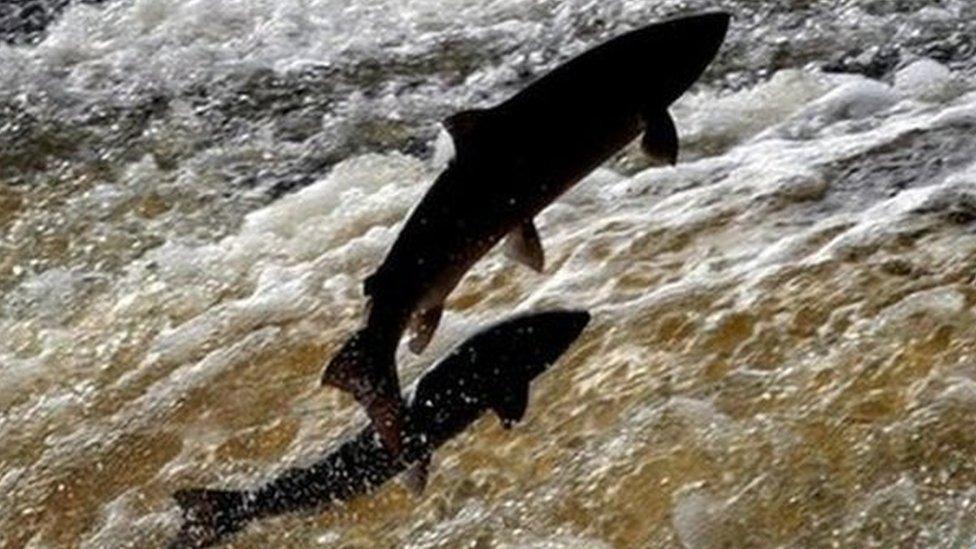NRW's plea to public agencies to protect environment
- Published
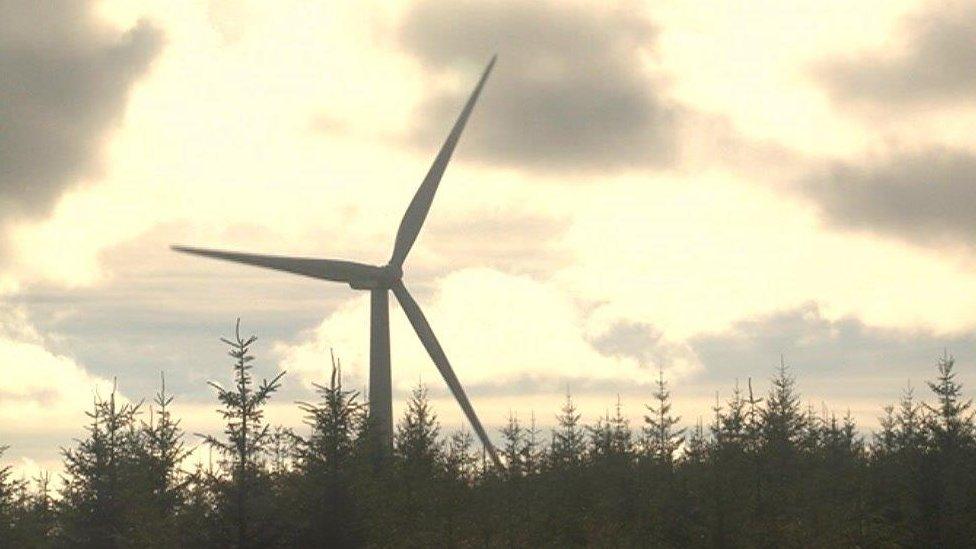
NRW cites Brechfa Forest West wind farm in Carmarthenshire as an example of good practice.
The new head of Natural Resources Wales (NRW) has issued a plea to all public organisations to work more closely with it to protect the environment.
Chief executive Clare Pillman said there were "real challenges" facing Wales in managing natural resources.
It follows a warning from the chair of NRW that budget cuts meant it would "not be able to continue perhaps in the way that some people expect us to".
Plaid Cymru said the body needed to demonstrate it was "fit for purpose".

You might also be interested in these stories:

NRW has unveiled a new five-year plan with seven key objectives for the organisation to focus on.
They include the sustainable management of land and water, protecting people from flooding and pollution and delivering first-class customer service.
But Ms Pillman, who was previously a director at the Department for Digital, Culture, Media and Sport in Westminster, said NRW would fail if it ended up as "Wales' only environmental champion".
"In times of financial constraint, organisations become really adept at good partnership working and I think that NRW and all the other agencies working in Wales could work more closely together for the benefit of the natural environment," she said.
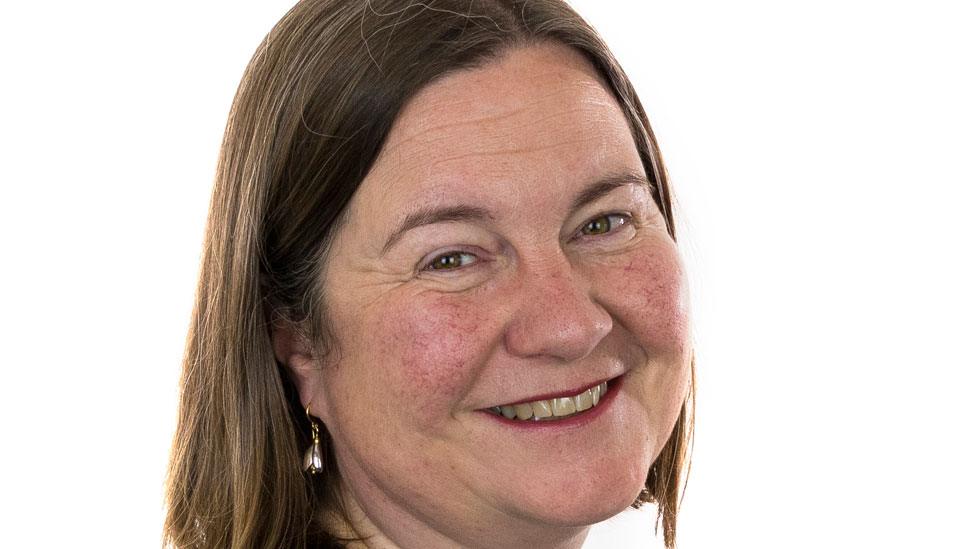
New NRW chief executive Clare Pillman joined the civil service in 1990
In her first interview since taking on the role, she also said she wanted to prioritise preparing for Brexit and working closely with farmers over agricultural pollution.
"We have a challenge around Brexit of being ready on day one to ensure that environmental regulation continues," she said.
"There's also a challenge around money, ensuring NRW is well funded for what we do, broadening the sources of that funding and making us more resilient as an organisation."
Commercial income
She said exploring "quite seriously" what other sources of funding NRW could obtain, including commercial income, would be an important part of her work.
NRW - responsible for everything from rivers and forestry to regulating power stations - was set up five years ago when three former environment bodies were merged.
It receives the bulk of its funding as a grant from the Welsh Government but this has been cut year on year.
To cope with the cuts, NRW has been working to "redesign the organisation" having already shed 500 staff.
Meanwhile it has continued to face protests over some of its more controversial decisions.
These have included the issuing of a permit for a new incinerator in Barry in the Vale of Glamorgan which some locals believe is being built too close to schools and homes, prompting questions from Wales' Future Generations Commissioner.
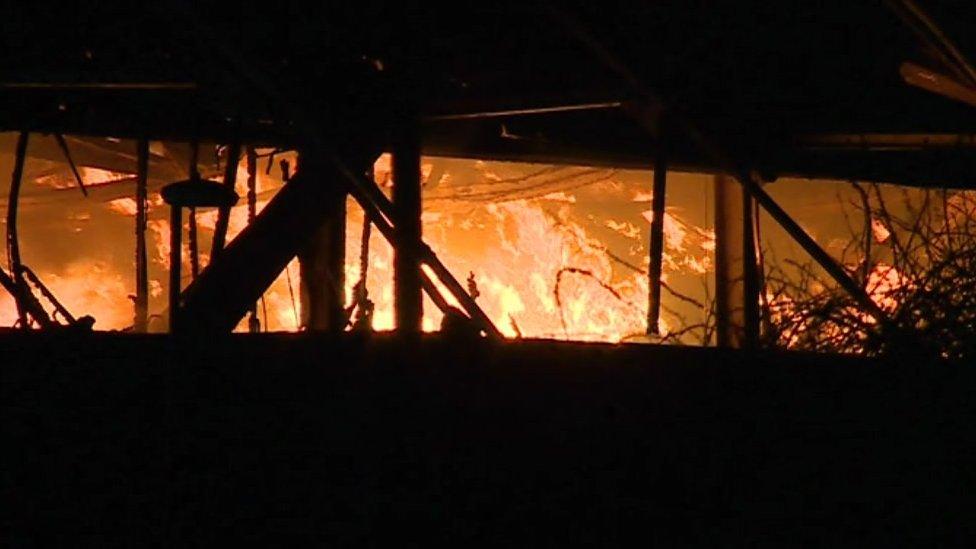
The waste fire at Llandow in the Vale of Glamorgan
The Assembly's Climate Change, Environment and Rural Affairs committee is to discuss NRW's handling of a spate of fires at waste recycling plants which has prompted calls for tougher regulation.
Anglers are also up in arms over a series of proposed new bylaws that could see them having to throw back the fish they catch for the next 10 years.
Ms Pillman said there was more NRW could do to explain to the public about the decisions it was taking and the reasons behind them.
She said she wanted to see the organisation "communicating early and often" with communities affected by its work.
'Real challenge'
Simon Thomas AM, Plaid Cymru's Rural Affairs spokesman, said he believed the organisation faced a "real challenge" over the next five years.
"NRW has had a patchy couple of years in terms of internal governance, in terms of resilience and in terms of cuts to its budget."
"Therefore there are going to be some very profound questions asked about its ability to be the champions of the environment and central to the discussions that we have about natural resources," he added.
"They've got a bit of work to do to build up good practice and a good name in order to have the confidence of the Welsh public and the wider political scene."
- Published14 February 2018
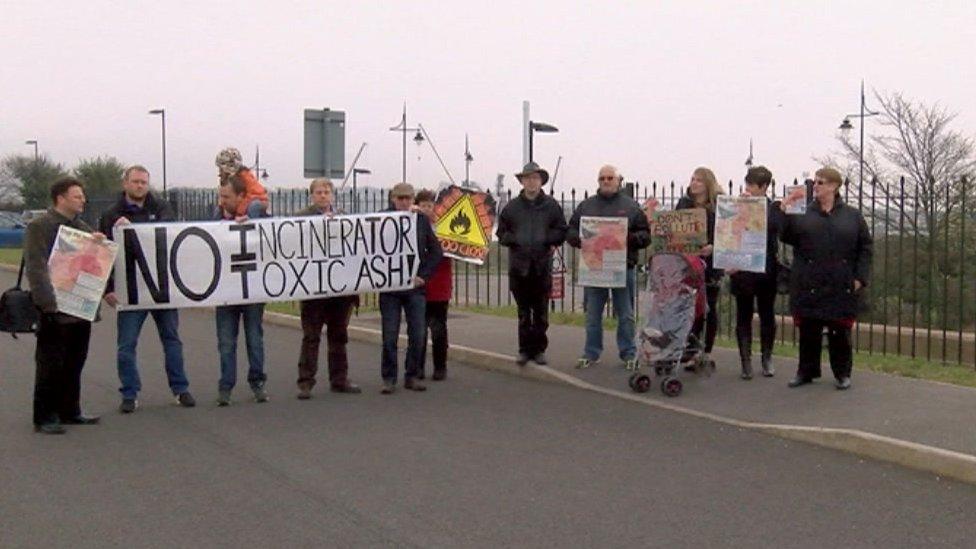
- Published8 December 2017
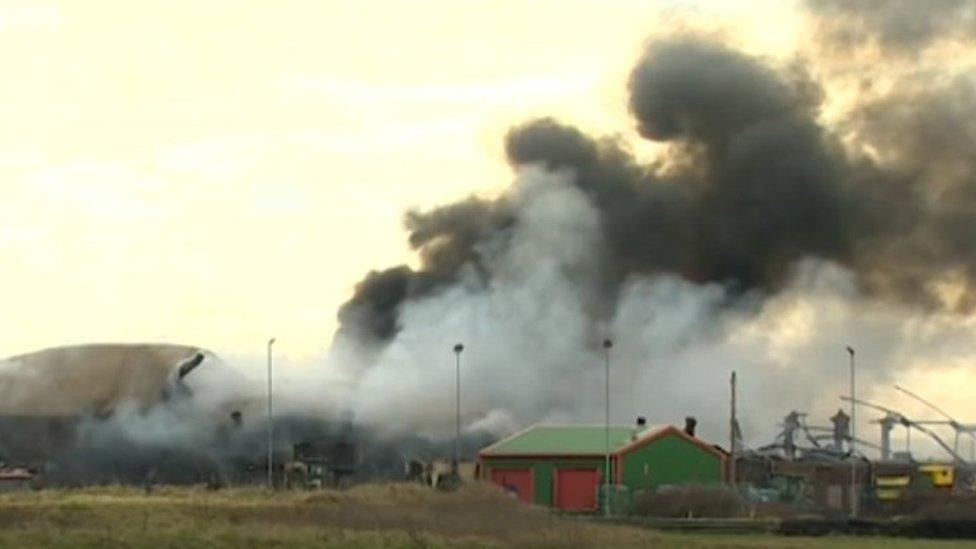
- Published14 December 2017
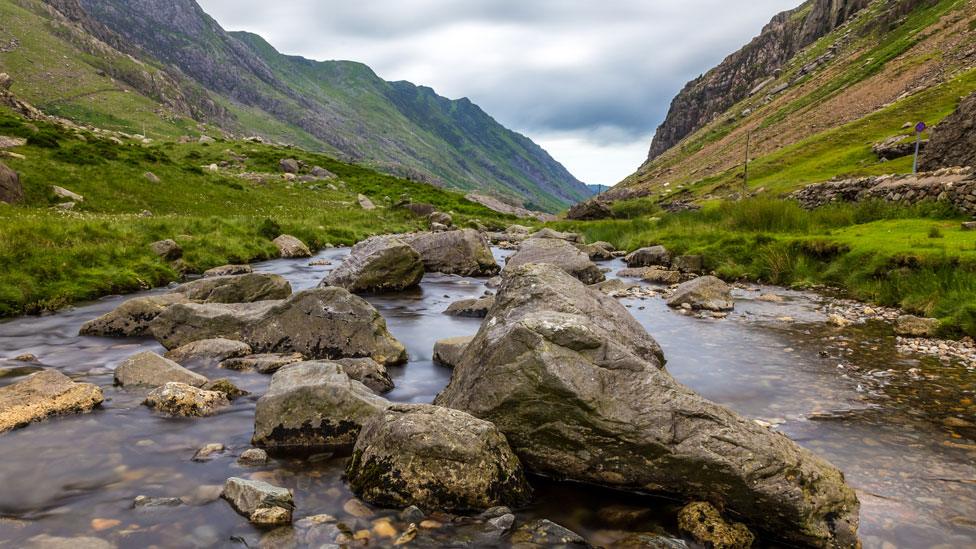
- Published23 August 2017
